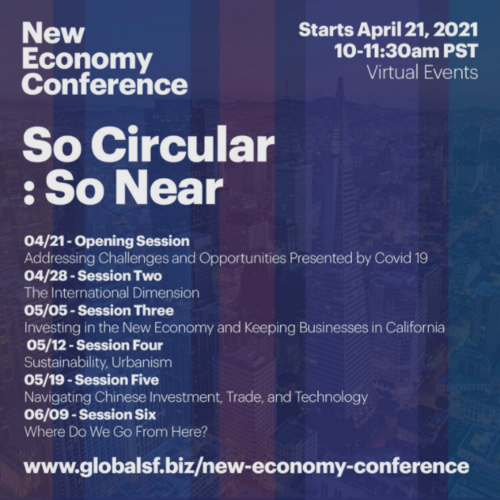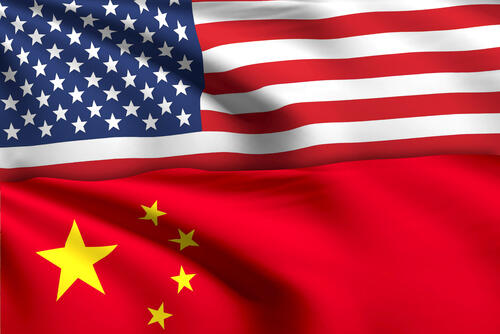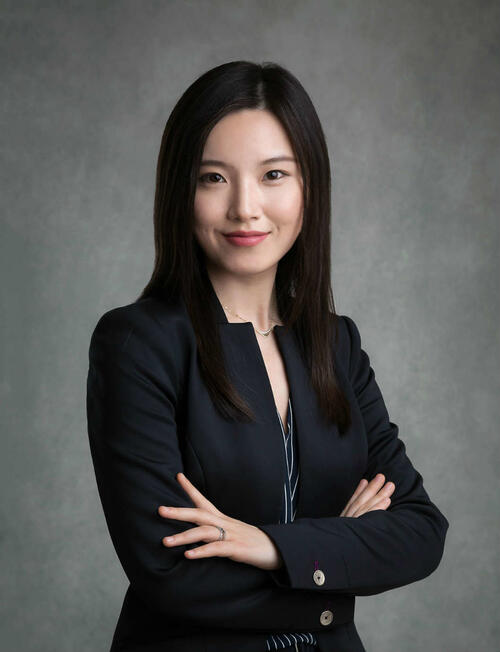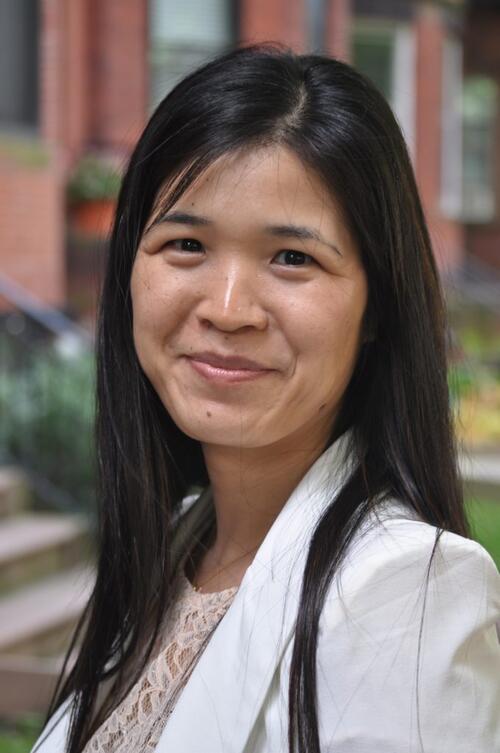US Research in Retreat?
The following commentary appeared in the journal Issues in Science and Technology (Vol. XLI, No. 3, Spring 2025). It is part of a multi-author discussion of the article Reconsidering Research Security, by John C. Gannon, Richard A. Meserve, and Maria T. Zuber, published by the journal in its Winter 2025 issue.
Congress mandated the creation of the National Academies Roundtable on Science, Technology, and Security to address concern that untoward and illicit actions by China and other countries posed serious risks to American security and economic preeminence. John C. Gannon, Richard A. Meserve, and Maria T. Zuber, who cochaired the roundtable, correctly conclude that zealous measures to defend against foreign exploitation of university-based research would be inadequate to preserve US preeminence in science and technology (S&T) without much greater effort to strengthen US capabilities.
I was privileged to serve as a member of the roundtable and am both heartened and deeply disturbed by what we learned. As their article’s summary of key observations makes clear, the magnitude and efficacy of untoward foreign government actions to exploit American university-based research are less than feared, awareness and understanding of the problem in academic institutions and federal funding agencies have improved greatly, and steps underway to ameliorate the problem without seriously damaging the efficacy of open research appear promising. But as the authors also make clear, illicit foreign actions to exploit American S&T are neither the only nor most serious threats to sustained US preeminence and the security and competitive advantages it provides. We have a “Pogo problem.”
The comic strip character Pogo once famously said, “We have met the enemy and he is us.” The roundtable pulled together findings from multiple studies that revealed serious and worsening internal threats to US S&T capacity and preeminence. They also demonstrated that some of the adopted and proposed measures to prevent foreign exploitation will make the internal weaknesses greater and accelerate the relative and absolute decline of US capacity.
For example, as the authors correctly emphasized, the nation needs to give immediate and serious attention to factors that limit the ability of secondary schools to interest and educate young people in science, technology, engineering, and mathematics. We do not now graduate enough seniors interested in STEM fields to fill university classes or existing corporate demand for scientists and technicians. Our broken immigration system compounds the problem in ways that reduce domestic capacity and shift commercial application of discoveries to other countries with better-prepared workforces. The already serious problems are further compounded by research security demands that effectively drive smaller research universities out of the game by making it too costly to utilize available talent or compete for federal grants.
As a member of the roundtable, I fully endorse the conclusions of our cochairs and their call for approaches that emphasize maintaining and improving US STEM capacity more than limited utility efforts to build perfect defenses against exaggerated foreign threats. We must revitalize and adapt the policies that made the United States preeminent if we are to regain and retain that status.
Read More

Zealous measures to defend against foreign exploitation of university-based research would be inadequate to preserve US preeminence in science and technology without much greater effort to strengthen US capabilities.




 Craig Allen began his tenure in Washington, DC, as the sixth President of the United States-China Business Council, a private, nonpartisan, nonprofit organization representing over 200 American companies doing business with China. Ambassador Allen began his government career in 1985 at the Department of Commerce’s International Trade Administration (ITA) where, from 1986 to 1988, he worked as an international economist in ITA’s China Office. In 1988, Allen transferred to the American Institute in Taiwan, where he served as Director of the American Trade Center in Taipei. He returned to the Department of Commerce for a three-year posting at the US Embassy in Beijing as Commercial Attaché in 1992. In 1995, Allen was assigned to the US Embassy in Tokyo where he was promoted to Deputy Senior Commercial Officer in 1998. Allen became a member of the Senior Foreign Service in 1999. Starting from 2000, he served a two-year tour at the National Center for APEC in Seattle where he worked on the APEC Summits in Brunei, China, and Mexico. In 2002, Allen first served as the Senior Commercial Officer in Beijing where he was later promoted to the Minister Counselor rank of the Senior Foreign Service. After a four-year tour in South Africa, Ambassador Allen became Deputy Assistant Secretary for Asia at the US Department of Commerce’s International Trade Administration. He later became Deputy Assistant Secretary for China. Ambassador Allen was sworn in as the United States ambassador to Brunei Darussalam on December 19, 2014 where he served until he transitioned to take up his position as President of the US-China Business Council.
Craig Allen began his tenure in Washington, DC, as the sixth President of the United States-China Business Council, a private, nonpartisan, nonprofit organization representing over 200 American companies doing business with China. Ambassador Allen began his government career in 1985 at the Department of Commerce’s International Trade Administration (ITA) where, from 1986 to 1988, he worked as an international economist in ITA’s China Office. In 1988, Allen transferred to the American Institute in Taiwan, where he served as Director of the American Trade Center in Taipei. He returned to the Department of Commerce for a three-year posting at the US Embassy in Beijing as Commercial Attaché in 1992. In 1995, Allen was assigned to the US Embassy in Tokyo where he was promoted to Deputy Senior Commercial Officer in 1998. Allen became a member of the Senior Foreign Service in 1999. Starting from 2000, he served a two-year tour at the National Center for APEC in Seattle where he worked on the APEC Summits in Brunei, China, and Mexico. In 2002, Allen first served as the Senior Commercial Officer in Beijing where he was later promoted to the Minister Counselor rank of the Senior Foreign Service. After a four-year tour in South Africa, Ambassador Allen became Deputy Assistant Secretary for Asia at the US Department of Commerce’s International Trade Administration. He later became Deputy Assistant Secretary for China. Ambassador Allen was sworn in as the United States ambassador to Brunei Darussalam on December 19, 2014 where he served until he transitioned to take up his position as President of the US-China Business Council.
 James Green has worked for over two decades on U.S.-Asia relations. For five years, Green was the Minister Counselor for Trade Affairs at the U.S. Embassy in Beijing (2013-2018). As the senior official in China from the Office of the United States Trade Representative (USTR), Green was deeply involved in all aspects of trade negotiations, trade enforcement, and in reducing market access barriers for American entities. In prior government service, Green worked on the Secretary of State’s Policy Planning Staff and at the State Department’s China Desk on bilateral affairs. He also served as the China Director of the White House’s National Security Council. In the private sector, Green was a senior vice president at the global strategy firm founded by former Secretary of State Madeleine Albright and was the founding government relations manager at the American Chamber of Commerce in Shanghai, Asia’s largest AmCham. Currently, Green is a Senior Research Fellow at Georgetown University's Initiative for U.S.-China Dialogue on Global Issues and hosts a U.S.-China Dialogue Podcast. He was most recently named as
James Green has worked for over two decades on U.S.-Asia relations. For five years, Green was the Minister Counselor for Trade Affairs at the U.S. Embassy in Beijing (2013-2018). As the senior official in China from the Office of the United States Trade Representative (USTR), Green was deeply involved in all aspects of trade negotiations, trade enforcement, and in reducing market access barriers for American entities. In prior government service, Green worked on the Secretary of State’s Policy Planning Staff and at the State Department’s China Desk on bilateral affairs. He also served as the China Director of the White House’s National Security Council. In the private sector, Green was a senior vice president at the global strategy firm founded by former Secretary of State Madeleine Albright and was the founding government relations manager at the American Chamber of Commerce in Shanghai, Asia’s largest AmCham. Currently, Green is a Senior Research Fellow at Georgetown University's Initiative for U.S.-China Dialogue on Global Issues and hosts a U.S.-China Dialogue Podcast. He was most recently named as 












 Oriana Skylar Mastro is a Center Fellow at Stanford University’s Freeman Spogli Institute for International Studies (FSI). Within FSI, she works primarily in the Shorenstein Asia-Pacific Research Center (APARC) and the Center for International Security and Cooperation (CISAC) as well. She is also a fellow in Foreign and Defense Policy Studies at the
Oriana Skylar Mastro is a Center Fellow at Stanford University’s Freeman Spogli Institute for International Studies (FSI). Within FSI, she works primarily in the Shorenstein Asia-Pacific Research Center (APARC) and the Center for International Security and Cooperation (CISAC) as well. She is also a fellow in Foreign and Defense Policy Studies at the 

